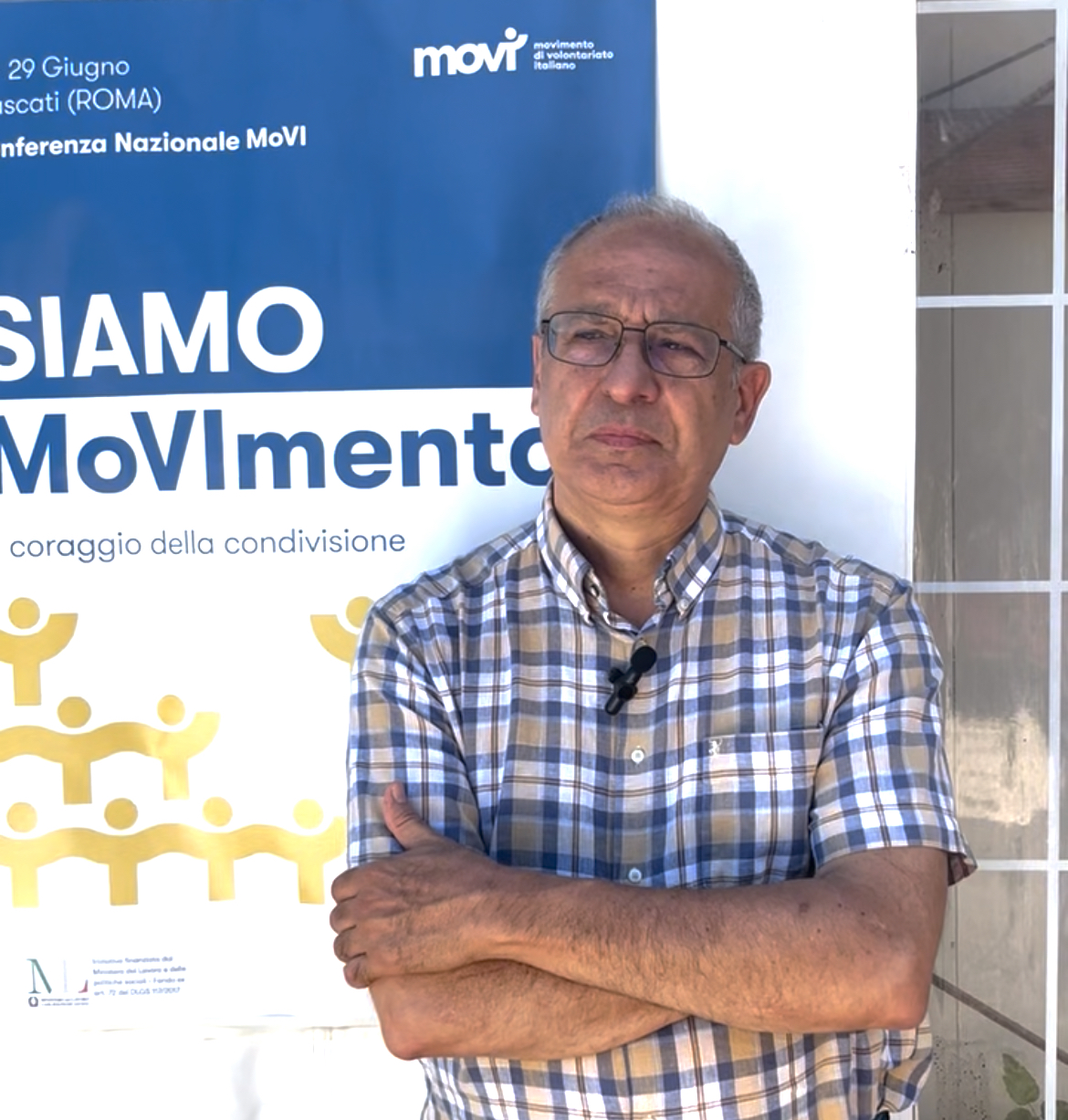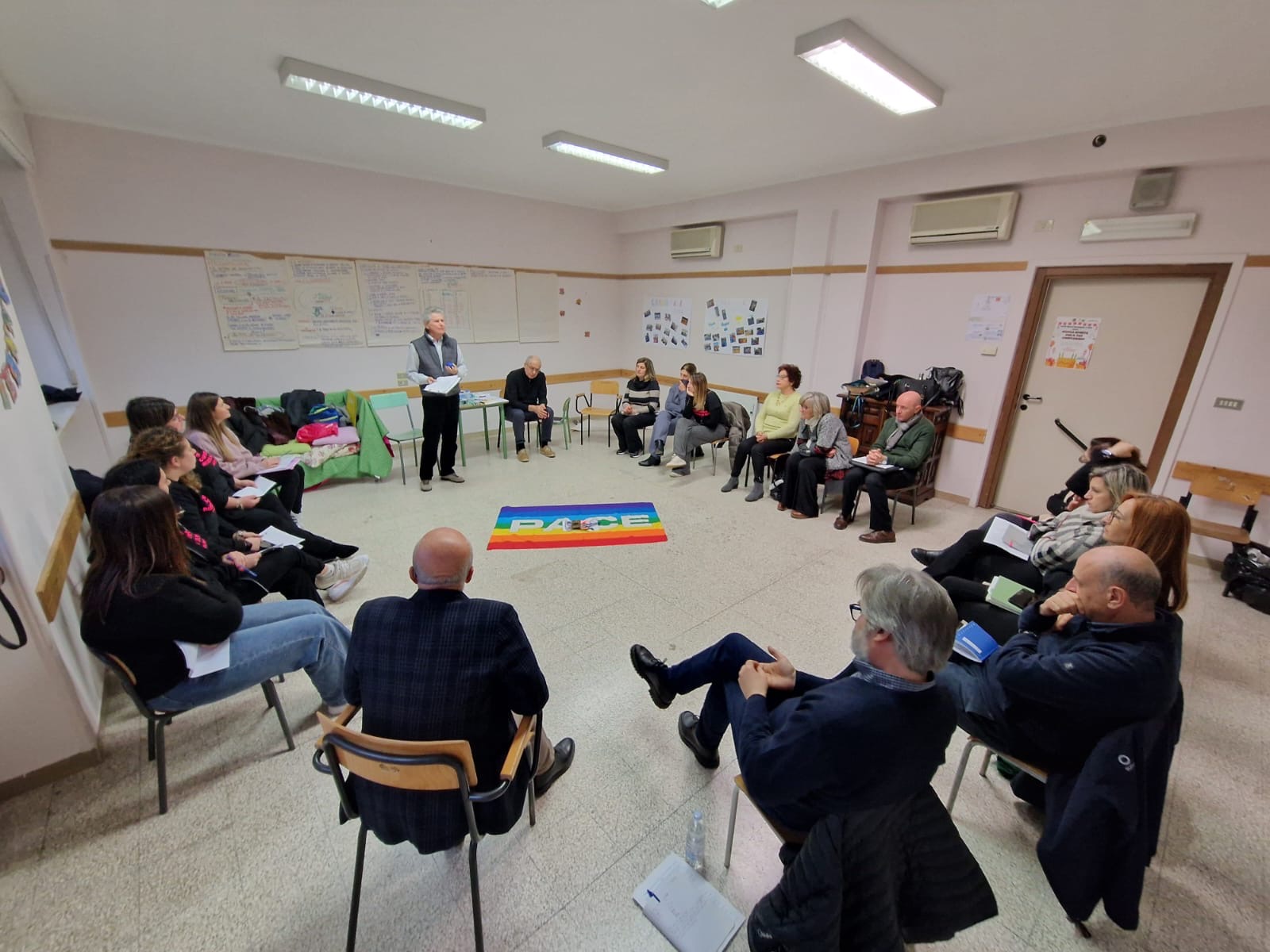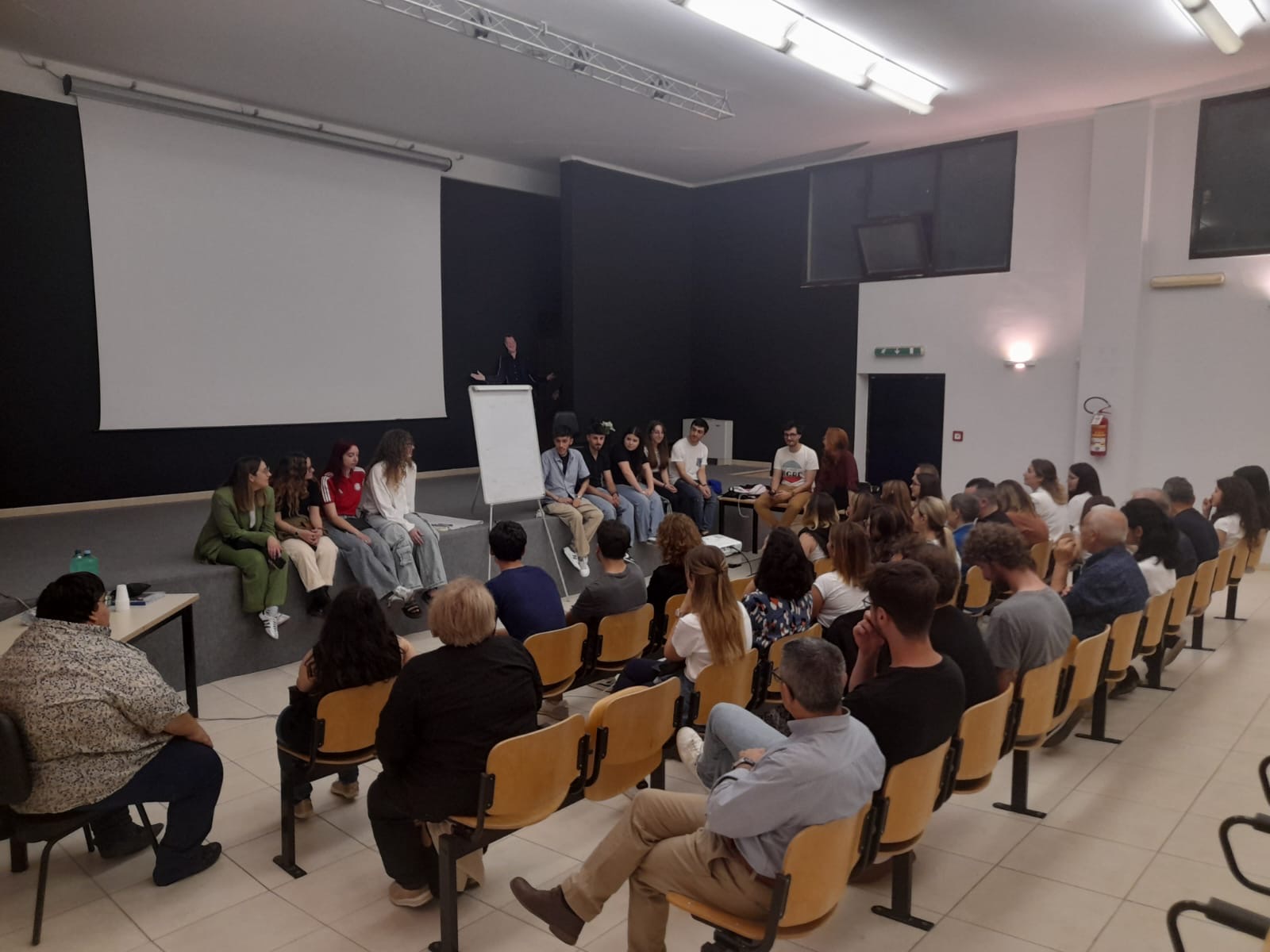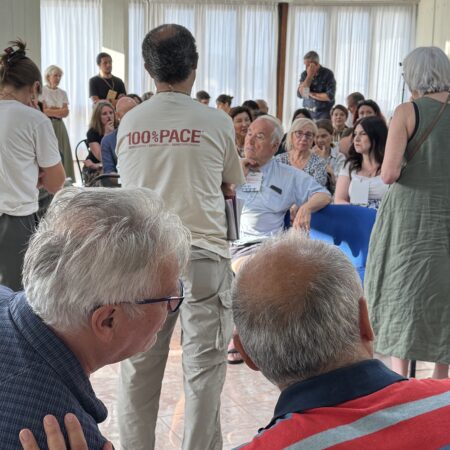Volunteering: What the ISTAT numbers don't tell you

One in ten Italians volunteers. This is confirmed by ISTAT data published on July 29 in the report " Volunteering in Italy – Year 2023. " This shows a decline compared to the previous survey, conducted 12 years ago. "We must understand, however, that times have changed and that volunteering has changed with them," is the first comment from Gianluca Cantisani , president of the Italian Volunteer Movement (Movi) . We delve deeper into a topic that goes far beyond statistical estimates.

"Let's start with one premise: volunteering has changed radically over the last 50 years," Cantisani emphasizes. "The ISTAT data itself tells us that religious volunteering, sports volunteering, and volunteer work in hospital wards have significantly decreased. To be clear, those activities that many of our parents did. But there is a countertrend that I find extremely interesting: the increased commitment to the common good and the local community, for example, in environmental and cultural terms. This means that a transformation of historical and social significance is underway. It's difficult to understand what the situation was like in 2013, from this perspective, but I sense a generational shift.
Let's analyze the various elements, starting from the hemorrhage of volunteers.
Covid has had a significant impact, especially among the elderly: the 3% decline could be attributed to the pandemic alone, but obviously, the data can't definitively prove this. What is certain is that a significant portion of the population is no longer available to do what they've done all their lives. We must acknowledge this. Volunteering dedicated to caring for loved ones truly occupied the lives of volunteers; it was a sort of "retirement work." From responding to individual needs, it became a collective response. The increase noted by ISTAT is primarily related to the common good, the community, and concerns the younger generations.
It's a different way of doing politics than in the 60s and 70s.
A significant portion of the population is dedicated to changing their local communities, and I'm pleased about this: it's as if the political volunteerism we at Movi have always talked about has strengthened. People are more aware that their actions can bring about change in their own communities.

Can we say that both the perception and priorities of people who want to volunteer have changed?
Absolutely. It's a more informed volunteering. It's different from volunteering in hospital wards, which fortunately still exists, even if it's less widespread than before. It's no longer even the sporting volunteering that many parents dedicate to the free time their child's sports club plays. Here, we're talking about volunteering that comes out into the open, almost as if to get involved in politics. For Movi, this means acting from the bottom up for change. This is a very important signal, and we hope it will be confirmed: as we know, data is still just numbers. If we connect it to the good practices and extraordinary experiences that VITA has been reporting on every day for 30 years, a comforting picture emerges: it means these experiences are gaining traction and turning into concrete action. Precisely at a time when institutions are struggling to provide answers. The risk is that people have taken over the duties of the State, and I like this type of volunteering less because it provides a buffer during emergencies but doesn't solve the problems. This is something that is not within our sphere of influence and shows that we have given up on changing the country.
Are you worried that volunteers might become complacent?
Indeed, yes. Because it's an ever-present risk in people's lives. It can become our hobby, our positive job because we don't like the other. We should all ask ourselves what we want to do once we retire. We shouldn't just fill our time. This is an aspect that concerns many of us, now approaching retirement.

In a statement, Movi argues that "counting the number of volunteers in our country using the same systems as 10, 20, or 30 years ago, without taking into account the cultural, social, and work-related changes Italy has undergone, doesn't capture the current situation."
As I said, looking at the overall data, it seems there's a decline in volunteers in Italy. Observing the ongoing change, it's true that there's a reduction in numbers, but there are at least two explanations: the pandemic, which has left an indelible mark, and the reform of the Third Sector. Voluntary organizations (VOs) have shrunk significantly, partly because many were down to the bare minimum. They were often supported by very elderly people, in some cases in their nineties, but we should ask ourselves what impact their activities had on the local community. I'm particularly struck by the 10.1% drop in "those offering direct help to people they know": I imagine this refers to people working in communities or as caregivers, but also those who simply do the shopping for their parents. However, this type of volunteering is relative. My parents are in their nineties, but what I do for them is certainly not volunteering.
The world has changed, and Italian volunteering could not remain unchanged.
Of course not. When I was young, I invented the volunteer activity that most intrigued me: I did it in the educational field, in a pacifist and nonviolent system. Many other young people have done the same, leading to the birth of the Third Sector over the last 40-50 years. If there hadn't been so many young people dreaming of a different future, today's world wouldn't exist. So I don't understand why we now expect young people to take over the organizations of the past , which perhaps no longer work in the communities. In my opinion, volunteering must take greater account of the changing reality. Istat tells us that the number of those dedicated to community, environmental, and local communities is growing (+14.7%) : this is a sign that this segment is strengthening. Many people are tired of waiting for answers from a policy that isn't there and are taking matters into their own hands.

You emphasize the concept of networking a lot.
Yes, for a simple reason: how can we combat educational poverty without bringing together all the local organizations working on this issue? Funding from the social enterprise Con i Bambini isn't enough to change the situation. Young people and adults must take responsibility for this problem and work together to bring about change. Today, there are countless people volunteering, perhaps no longer on a daily basis, but on specific projects such as food and supplies collections for countries in conflict or teams formed in response to environmental disasters.
To respond to social changes and facilitate access to volunteering for more people, Movi wants to focus on transforming the third sector.
We want to conduct research in all regions, not just the eleven where we operate with 469 members and over 23,000 volunteers. It may be a bit more challenging in some areas, but I'm confident that a snapshot of the ongoing change will emerge. We want to formulate proposals for legislative updates that look to the future of volunteering, preserving its founding principles and moving beyond forms that are no longer sustainable and out of step with the times we live in. We will present them to the institutions, hoping that the current situation can be changed. I don't understand why the third sector should have privileges over the democratic associations that have a role to play in the country. Why should a parents' association register with the National Register if it has no economic rationale? We must have equal dignity. This lack is felt at the moment. In collaboration with the University of Roma Tre and the Sant'Anna School of Advanced Studies in Pisa, we will conduct focus groups in the regions, involving sample associations. We can't know what data will emerge, so it makes no sense to talk about expectations. I mean, we don't have to prove something we already have in mind. The method must lead us to listen to the local communities and effectively represent what's happening, including through the sharing of best practices.
You read this article freely, without being stopped after the first few lines. Did you like it? Did you find it interesting and useful? VITA's online articles are largely accessible free of charge. We want it to remain this way forever, because information is everyone's right. And we can do this thanks to the support of our subscribers.
Vita.it





